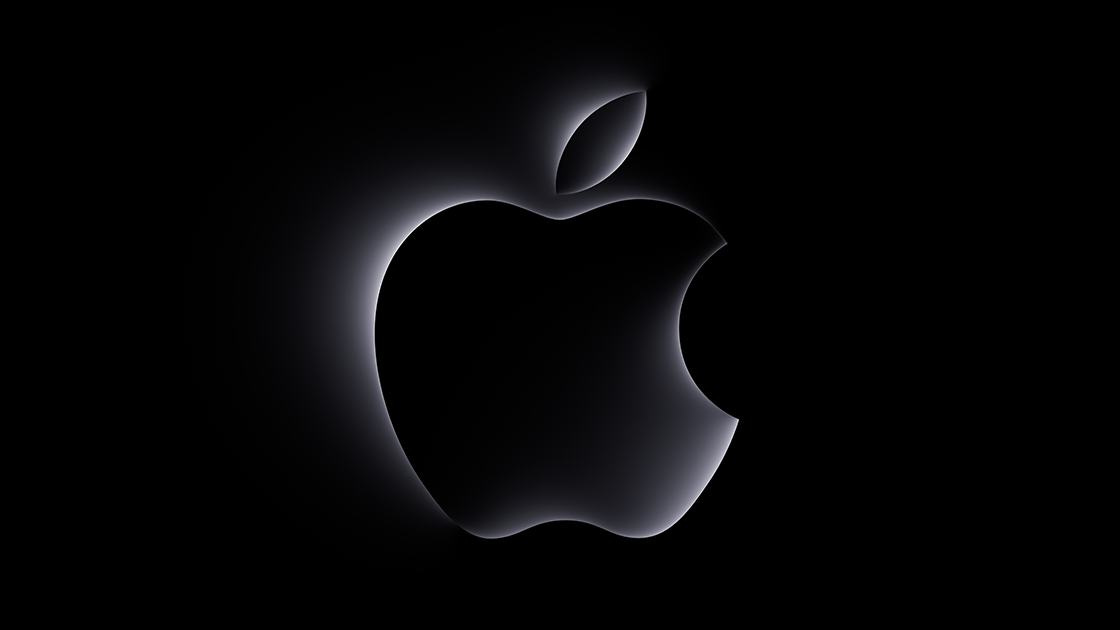Apple could face a DOJ lawsuit for antitrust violations
A new Bloomberg report says Apple could be sued by the DOJ from blocking rivals for accessing hardware and software features of the iPhone
🧑⚖️ Apple could face a lawsuit from the US Department of Justice (DOJ)
👎 It’s been accused of illegally maintaining its dominant market position
🍎 It’ll be the third antitrust case against Apple in the last 14 years
⛔ Apple blocks rivals from accessing hardware and software features on the iPhone
The US Department of Justice (DOJ) is preparing to sue Apple for allegedly violating antitrust laws, according to a new report.
Bloomberg says that the Cupertino-based company is being accused of illegally maintaining its dominant position in the market by blocking rivals from accessing hardware and software features on the iPhone.
Apple has notoriously locked down certain elements of its devices, claiming it’s been for privacy and security reasons. But it’s understandable why some companies might feel aggrieved.
Smart-tracker company Tile is a good example, as Apple doesn’t allow its products to access the iPhone’s sensors. A few years later, Apple then began selling its smart tracker, AirTags, which takes full advantage of every iPhone feature and seems like the better product to many consumers as a result.
Apple has also faced a backlash over its App Store policies, which led to a very public lawsuit with Fortnite creator, Epic Games. The two continue to butt heads over Apple’s handling of third-party apps and Fortnite is only playable on iPhone via Xbox Cloud Gaming.
Spotify and Google have also lamented Apple’s policies in the past, with Google taking particular exception to its iMessage service, which only works on Apple devices and makes the experience worse on Android. Google has said texting between iPhones and Android phones is “poor because Apple refuses to adopt modern texting standards” and accused the company of downgrading texts between the two operating systems.
It remains to be seen whether the DOJ’s lawsuit will be successful, but the pressure on Apple to offer a more open platform as opposed to the walled garden it’s built in the past seems to have reached a tipping point. Apple was forced to ditch the Lightning port in favor of USB-C because of an EU ruling, as well as to allow third-party app payments.




